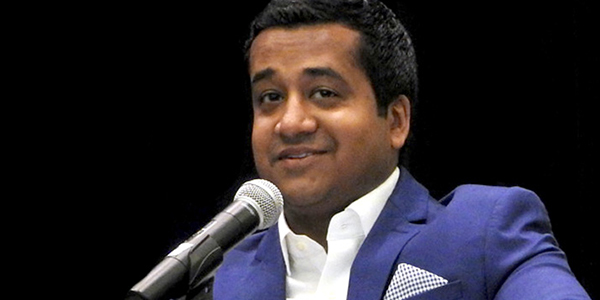PJM has created a new group to work with states to advance energy initiatives like offshore wind and grid security.
The State Policy Solutions group will combine PJM’s knowledge of planning, markets and operations with its interpretation of state laws and regulations to help government bodies implement energy policies.
PJM officials said the new group will lend the RTO’s “subject matter expertise” to help states reach energy goals and to help facilitate discussions among states or regional groups if efficiencies in policies make sense across multiple government bodies.
“Our states are key stakeholders, and we’re committed to partnering with them whenever possible as they contemplate and execute their policy goals,” CEO Manu Asthana said in a statement.
The State Policy Solutions group is initially focusing on five areas at its launch, PJM said, including offshore wind, resource adequacy, grid modernization, clean energy targets and grid security. The RTO said the areas were chosen because of their overlap with its main functions.
Tim Burdis, PJM’s lead strategist for state government policy, will manage the group, reporting to Asim Haque, the RTO’s vice president of state policy and member services.
Haque, who served as chairman of the Public Utilities Commission of Ohio before coming to PJM in 2019, said the group is a response to evolving state energy policies.
Although the RTO has given technical assistance to states in the past, Haque said the new group will provide a more “holistic, end-to-end approach” through the RTO’s understanding of state laws, regulations, related cases and FERC orders.
“PJM will always champion its primary duties of keeping the lights on and running efficient markets,” Haque said. “At the same time, PJM can utilize its expertise in carrying out those functions to assist our states as they advance their policy objectives. This is an opportunity for us to innovate and partner together in an evolved RTO/multistate dynamic.”
Greg Poulos, executive director of the Consumer Advocates of the PJM States, said what the group will be tasked with doing is not totally clear to him or his organization, but he said the group “seems very promising” and that states’ access to PJM’s expertise will be helpful in decision-making on complicated issues.
“Over the past few years, there have been complaints that PJM has not been responsive to the concerns of the states,” Poulos said. “I’m hoping this ushers in a period where PJM works to repair and develop those important relationships.”
State regulators and other stakeholders were dismayed when PJM announced last year that Denise Foster had unexpectedly resigned as head of the RTO’s State and Member Services Division and that her unit would be realigned. (See Stakeholders, States in Dark over PJM Personnel Moves.)
PJM has frequently found itself in the middle of state-federal jurisdictional disputes over energy policy. Illinois and New Jersey officials are considering pulling their utilities from the RTO’s capacity market because of FERC’s 2019 order expanding the minimum offer price rule.
The RTO is currently considering how it could incorporate carbon pricing for only some of its 14 member states (including D.C.). (See related story, PJM Carbon Pricing Group Talks RPS, ZECs, RGGI.)






